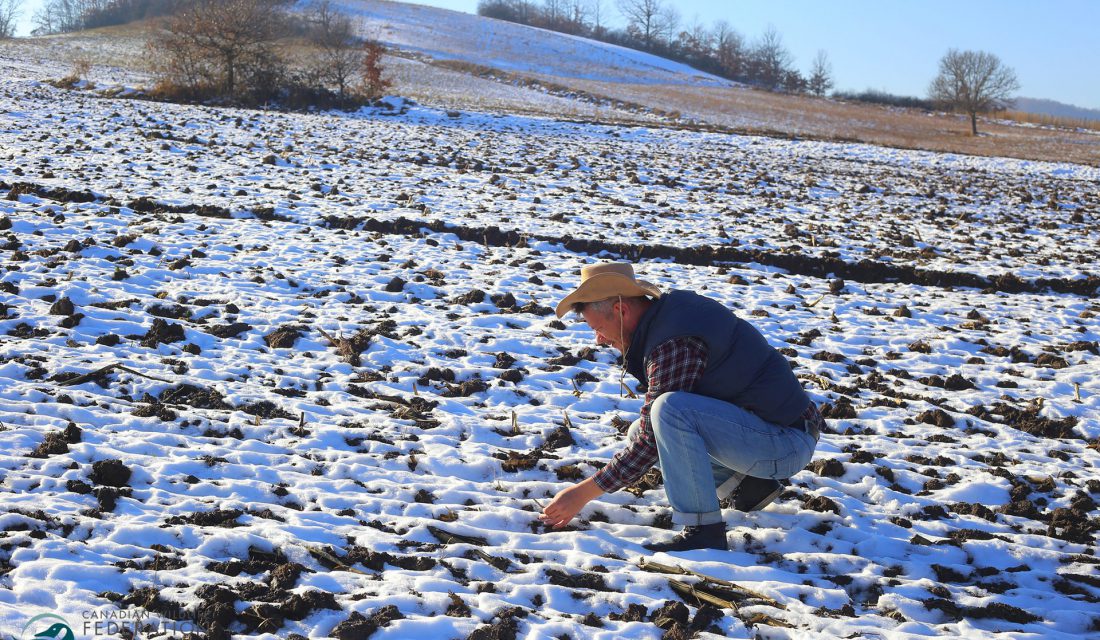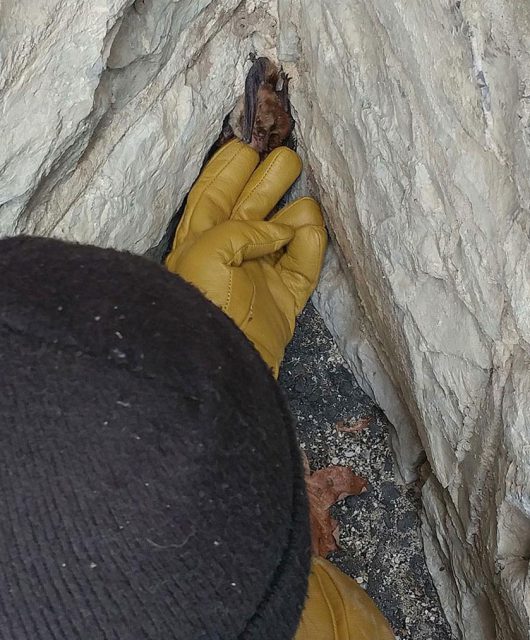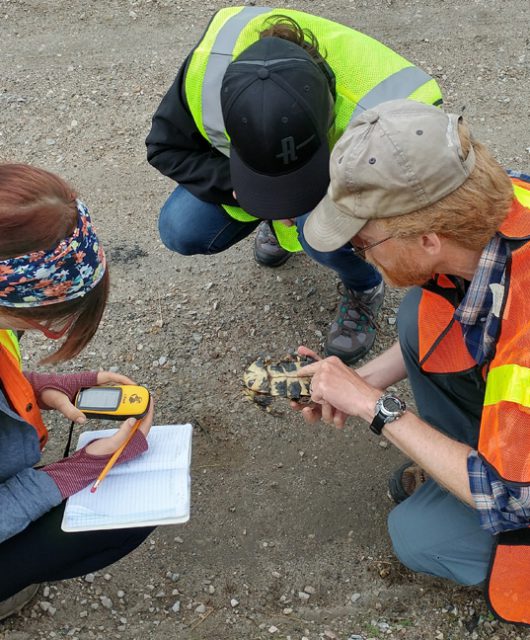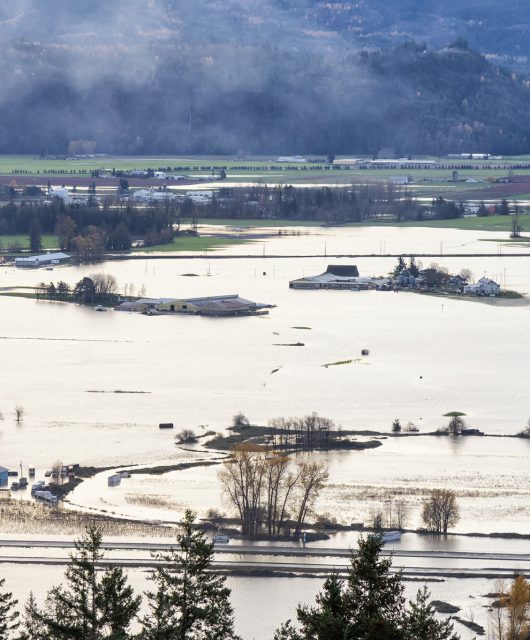“Essentially, all life depends on the soil … There can be no life without soil and no soil without life; they have evolved together.”
~Charles E. Kellogg
These words of Charles Kellogg are as pertinent today as they were in 1938 when he was quoted. Ask any farmer what is the most important thing that sustains agriculture, and most will tell you soil health.

Truth: Healthy Soil is a “Must” for Agriculture
Why is that? Well, among many things, healthy soils support sustainable food production – for humans as well as for all terrestrial species. Even predators need healthy soil. Healthy soil produces healthy food for their prey.
Healthy soil also helps to control erosion and reduce impacts of drought and flooding. It cleans and stores freshwater. These are essential functions to supporting life on earth.
And yet, most of us give soil no more than a passing thought. This is probably because the goings on in the soil are invisible to the eye. There are no mega fauna underground.
There are billions of microflora in soil going about their daily business of supporting all terrestrial life on the globe.
Truth: The Greatest Amount of Biodiversity is Found in Soil
When it comes to biodiversity, no other structure on earth is more diverse than soil.
A single gram of soil can support up to 100 billion bacterial cells and an estimate of up to 500,000 species.
And that is only bacteria. The diversity of fungus in soil is immense; fungi make up 90 per cent of the total biomass and in forest soils and 50 per cent in agricultural soils.
Other microflora include actinomycetes, fungi and protozoa. Larger soil fauna include mites, springtails, earthworms, nematodes, ants, termites, many insects and larger organisms such as burrowing mammals.
Truth: Soil Helps Regulate Climate and Climate Change
If the important functions of soil were not enough to elevate the status of soil in your eyes, how about the fact that soil helps to regulate climate and holds a key to mitigating climate change? Soil organisms regulate the dynamics of soil organic matter and soil carbon sequestration. Soil organic carbon captures carbon from the atmosphere and plants then fix carbon in the soil.
Human activities have degraded soil organic carbon.
It is estimated that one third of the world’s soils are now degraded and this has caused the release of 100 Gigatons of carbon into the atmosphere.
Canada is not immune to degradation of soil carbon. Agriculture and Agri-Food Canada keeps track of Soil Organic Carbon. The situation has improved in Prairie Canada over the past few decades but has worsened in eastern Canada. See Agri-Food website for an interactive map of soil carbon in Canadian agricultural lands.
Let’s Make Soil Healthy Again!
So what can be done to restore soils to optimal health?
- crop rotation
- cover crops
- ending the destructive practices of draining wetlands
- stop harvesting peatlands
- protecting native grasslands: grasslands are a powerhouse of carbon sequestration, storing more than twice the carbon than any other agricultural use.
Healthy soils are so important to life on earth that the United Nations declared World Soil Day to be December 5. This day is an opportunity to celebrate healthy soils and to resolve ourselves to support the restoration of soil health in all countries around the world – for biodiversity, food security and climate change mitigation.




